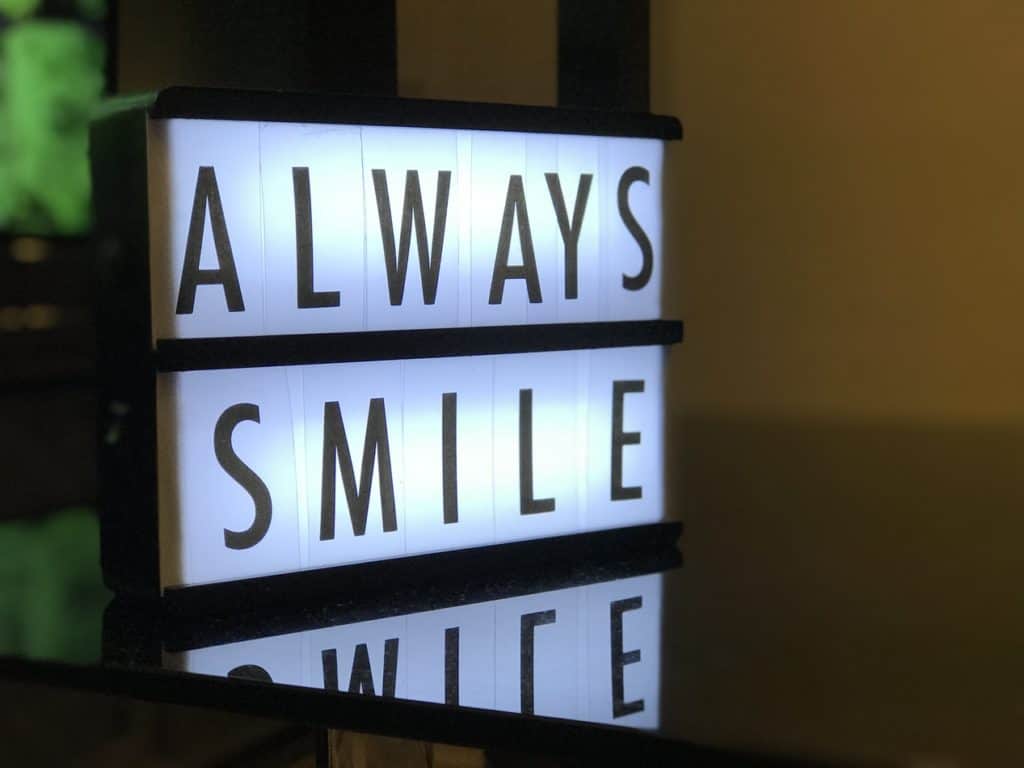As the influencer marketing industry continues to grow, more and more industries attempt to benefit from the opportunities available. The advertising of some industries are more regulated than others, and have yet to have a test case on whether influencer marketing is an acceptable practice in their industry.
In this Blog, we consider the dental industry and whether influencer marketing may be an acceptable form of advertising based on the existing laws which govern advertising of the industry.
Questions have been raised about the use of influencer marketing in relation to teeth aligners (but not specifically dental services) in recent years, such as was reported here.
How is advertising of the dental industry regulated?
Dental services are a regulated health service and must comply with the Health Practitioner Regulation National Law, as in force in each State and Territory of Australia (“National Law”).
Guidelines for advertising a regulated health service (“the Guidelines”) developed by the National Boards and the Australian Health Practitioner Regulation Agency (“AHPRA”) provide guidance on compliance with the National Law. Under the National Law, a Court may have regard to the Guidelines in proceedings for an offence against section 133 of the National Law (which is the section that deals with advertising).
Depending on what is being advertised, it may also be necessary to consider the Therapeutic Goods (Therapeutic Goods Advertising Code) Instrument 2021, particularly Part 6 of that Code which relates to testimonials and endorsements about a therapeutic good. If the products being advertised by the influencer are therapeutic goods, then your chosen influencers will be unable to provide any testimonials in relation to those goods. Whilst some influencers can provide endorsements when advertising therapeutic goods, care should be taken when selecting chosen influencers, as some influencers are prohibited from providing endorsements of therapeutic goods under the Code.
Like other businesses that supply goods or services to Australian consumers, dental practices are also required to comply with the Australian Consumer Law (“ACL”) and should comply with the AANA Code of Ethics when advertising.
Advertising limitations under the National Law for Dental Practices
Under section 133 of the National Law, advertising of a regulated health service, such as a dental practice, must not:
- be false, misleading or deceptive, or likely to be misleading or deceptive;
- offer a gift, discount or other inducement to attract a person to use the service or the business, unless the terms and conditions of the offer are also stated;
- use testimonials or purported testimonials about the service or business;
- create an unreasonable expectation of beneficial treatment; or
- directly or indirectly encourage the indiscriminate or unnecessary use of regulated health services.
Is influencer marketing considered advertising for the purpose of the National Law?
The Guidelines clarify that advertising includes (amongst other things), “electronic communication that promotes and seeks to attract a person to a regulated health service provider and / or to attract a person to use the regulated health service”.
It is clear given the definition of what is considered advertising that an influencer marketing campaign would likely constitute advertising of the dental practice for the purpose of the National Law.
The Guidelines give further insight into who is advertiser:
“Anyone (person, business or corporate entity) who advertises a regulated health service, is considered an advertiser and must comply with the advertising requirements of the National Law. The person or entity who controls part of all of the advertising (i.e. who authorises the content) is the advertiser.”
AHPRA Guidelines for advertising a regulated health service Tweet
It also provides guidance on the important element of control and states:
“An advertiser has control of the advertising if: they publish or authorise content or direct someone to publish or draft content (including a third party, staff member or marketing agency); or there is a mechanism for the advertiser to modify or remove content published by an unrelated publisher.”
AHPRA Guidelines for advertising a regulated health service Tweet
Given the nature of an influencer marketing campaign, where the dental practice would provide a fee or free service in exchange for a post by the influencer, it is likely that the dental practice would be found to have control of the advertising as they have contracted with the influencer to draft and publish content on their behalf and they have the ability to report a post through the usual on-platform process for removal where it breaches the National Law. If they have a formal agreement with their Influencer, that agreement would also usually contain certain rights in relation to the content created and posted.
Who is responsible for the Influencer’s post?
A dental practice that arranges for an influencer to create and publish content promoting the practice will be responsible for ensuring that the influencer produces content that does not breach the National Law.
Section 133(2) of the National Law states that a person does not commit an offence against subsection (1) merely because the person, as part of the person’s business, prints or publishes an advertisement for another person. In the context of influencer marketing, it is arguable that the Influencer would be publishing an advertisement for the dental practice, particularly where the post has been scripted or approved by the dental practice prior to posting. However, the Guidelines state that advertisers can also include individuals who are not registered health practitioners and liability of the influencer would likely depend on the situation.
Influencer Testimonials for Dentists
Patients (including patients who are influencers) are able to voluntarily share information or express their views online, however the dental practice is prohibited from making use of testimonials to advertise their services, or advertising in a way that makes use of the reviews or testimonials to promote the service. For the reasons discussed above, it is arguable that soliciting influencers to promote the dental practice by sharing their experiences with the business to their audience in exchange for a fee, discounted or free services would constitute advertising in a way that makes use of reviews or testimonials to promote the service.
Importantly, the Guidelines state that:
“Not all reviews or positive comments made about a regulated health service are considered testimonials. For example, comments about customer service or communication style that do not include a reference to clinical aspects are not considered testimonials for the purpose of the National Law.”
AHPRA Guidelines for advertising a regulated health service Tweet
Where the dental practice has sponsored an Influencer’s post (whether by payment of a fee or free or discounted treatment), the Influencer should not provide a review or testimonial in relation to any clinical aspect of their experience with the dental practice. According to the Guidelines, clinical aspects include:
- Specific symptoms or the reason for seeking treatment;
- The diagnosis or treatment provided by the dental practitioner;
- The specific outcome or the skills or experience of the practitioner either directly or by comparison.
Instead, an Influencer could comment on the non-clinical aspects of their experience with the business.
We often see dental practices use video testimonial created either with or by Influencers on their own websites and social media platforms. Our view is that this would technically breach the National Law where the testimonials include clinical aspects of the treatment, as it is advertising in a way that makes use of the reviews or testimonials to promote the dental service.
Can Dental Practices advertise through social media influencers?
For the reasons discussed above, dental practices should seek to limit Influencer comments and statements which they have solicited to promote their services to non-clinical aspects of their experience with the business. This should be made clear in the influencer agreement entered into between the dental practice and the influencer.
The influencer agreement should also provide the dental practice with rights to request amendments to the posts in cases where an amendment is required to ensure compliance with the advertising requirements under the National Law.
The influencer should also be prohibited from making any statements or claims (or using misleading or deceptive imagery) that would create an unreasonable expectation of the potential benefit of treatments. For example, using filters or editing images to alter their smile or teeth and then using that image to promote the dental practice as part of an influencer marketing campaign.
Using influencer images or video on dental practice websites and social media accounts
It is important to remember that no images or video of patients (including influencer patients) should be shared to social media without that patient’s prior written consent.
In cases where that consent is provided, images should be genuine and never edited or enhanced and should not create an unreasonable expectation of benefit.
Advertising disclosure
Like all influencer marketing campaigns, proper advertising disclosure should be made when influencers are used to promote goods or services. Failing to properly disclose the sponsored nature of the posts can not only amount to a breach of the ACL, but also the National Law.
Dental practice owners should refer to the AANA Code of Ethics and Practice Notes and the AIMCO Influencer Marketing Code of Practice for guidance on how to ensure proper advertising disclosure consistent with the ACL and obtain legal advice on their specific intended campaign.
What are the penalties for a breach of the advertising requirements under the National Law?
A person or entity providing a regulated health service, whose advertising breaches the National Law, may be prosecuted and ordered by a Court to pay up to a $5,000 penalty per offence if an individual or up to a $10,000 penalty per offence if a corporation. If there are several offences, this penalty can be significant. It is worth noting that legislation has recently been passed to significantly increase these penalties.
Anyone can lodge a complaint about advertising of a regulated health service to AHPRA for review and action, which may include prosecution where the breach places the public at risk of serious harm.
There have been cases where regulated health service providers have been fined for using testimonials in advertising a regulated health service.
AHPRA states in their Advertising compliance and enforcement strategy for the National Scheme that they will focus their compliance and enforcement action on testimonials which involve greater risk, being testimonials that also breach another element of section 133 of the National Law, because they are false, misleading or deceptive, offer a gift or inducement without stating the terms and conditions, create an unreasonable expectation of beneficial treatment or encourage the unnecessary use of health services.
In the case of influencer campaigns arranged by the dental practice, the risks would arguably be high given the likely large audience and the potentially false or misleading claims that may be made about the treatments by the influencer to their audience.
What are the penalties for a breach of the ACL?
The Australian Competition and Consumer Commission “(ACCC”) can require that any claims on social media pages be substantiated and commence proceedings where a breach of the ACL has been identified. A breach of the ACL provisions can result in damages, injunctions, publication orders and other remedial orders. Pecuniary penalties, fines and infringement notices can also apply for a breach of section 29 of the ACL (set out above). The maximum pecuniary penalty applicable for section 29 of the ACL offences was increased on 1 September 2018 from $220,000 to $500,000 for an individual and for a corporation from $1.1 million to the greater of:
- $10 million
- three times the value of the benefit obtained from the contravention or offence (where the value can be calculated); or
- if the value of the benefit cannot be determined, 10% of the corporation’s annual turnover in the preceding 12 months.
Note that AHPRA may refer the matter the subject of a complaint to regulators such as the ACCC or the Therapeutic Goods Administration where they consider it may be of interest to them.
Contact us for more information in relation to your dental practice influencer marketing strategy or to obtain an Influencer Agreement.
Information contained within this blog post is intended to be general information only and is not in any way intended to constitute legal advice. You should not act or rely on any information found in this blog post without obtaining prior advice specific to your circumstances.




